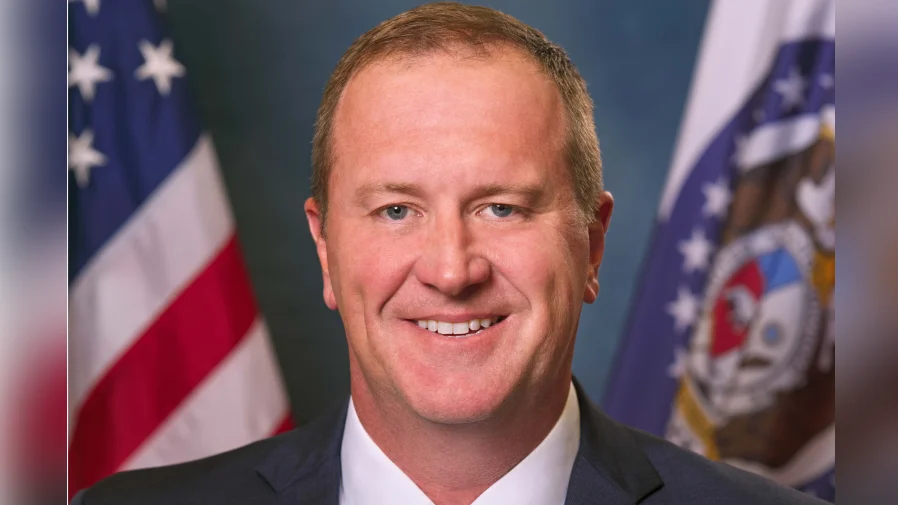Senator Eric Schmitt | U.S. Senator Eric Schmitt
Senator Eric Schmitt | U.S. Senator Eric Schmitt
Recently, a bipartisan group of lawmakers introduced the National Plan for Epilepsy. Senators Eric Schmitt and Amy Klobuchar, alongside Representatives Jim Costa and Greg Murphy, announced the initiative with backing from the Senate Epilepsy Caucus. The plan aims to advance treatments and improve life quality for individuals with epilepsy.
Senator Schmitt expressed optimism about the plan's potential impact. "Putting forward The National Plan for Epilepsy to coordinate a whole of government approach and tackle the complex nature of treating and supporting those with epilepsy is no easy feat," he stated. He also noted personal motivations driving his involvement.
Senator Klobuchar highlighted the widespread impact of epilepsy, noting it affects over three million Americans. She emphasized the need for improved medical research, saying, "The bipartisan National Plan for Epilepsy will ensure there is a unified approach to improve the health of Americans living with this condition."
Representative Costa described the legislation as pivotal. "This legislation marks a pivotal step toward a future where people living with epilepsy receive the care and attention they deserve," he remarked.
The introduction of this plan coincides with National Epilepsy Awareness Month. Bernice Martin Lee from the Epilepsy Foundation praised its potential to address disparities in healthcare access: "Through support and investment, a National Plan can begin to address disparities and work towards achieving health equity."
Dr. Dan Lowenstein from the University of California San Francisco echoed these sentiments, emphasizing collaboration between public and private sectors to advance research efforts.
Scott and Jillian Copeland shared their personal connection to epilepsy through their son Nicol's diagnosis: "My son’s epilepsy diagnosis changed the trajectory of our lives." They view this bill as an opportunity for progress.
The plan mandates annual assessments by the U.S. Department of Health and Human Services on epilepsy-related programs' effectiveness. An advisory council will be established comprising individuals affected by epilepsy, caregivers, healthcare providers, researchers, and nonprofit representatives.
This legislative effort draws inspiration from similar initiatives like the National Plan to End Parkinson’s Act signed earlier by President Biden.





 Alerts Sign-up
Alerts Sign-up